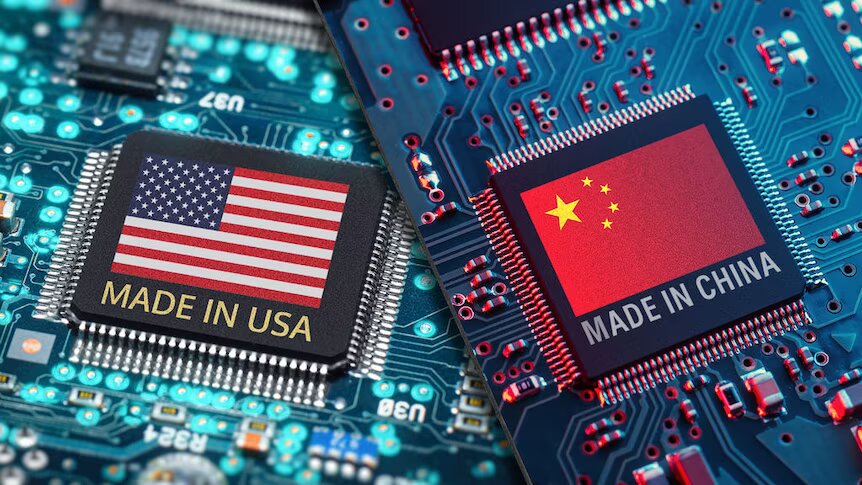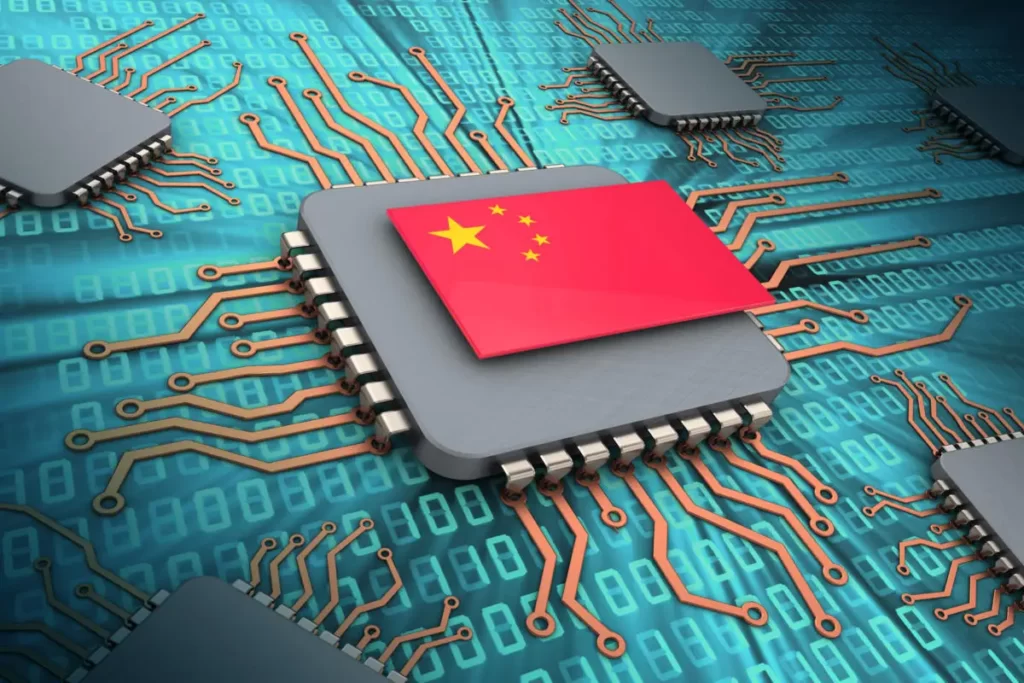
Despite continuous efforts by the United States to restrict China’s semiconductor production, the potential impact remains limited.
China is gearing up to launch a new fund aimed at bolstering its semiconductor industry, as reported by Reuters. This state-backed initiative represents the third undertaking by the China Integrated Circuit Industry Investment Fund and seeks to raise an impressive 300 billion yuan ($41 billion) in capital. Previously, the fund raised 138.7 billion yuan ($19 billion) in 2014 and 200 billion yuan ($27 billion) in 2019.
Approximately 60 billion yuan ($8 billion) is expected to come from China’s finance ministry. While the identities of other contributing parties remain undisclosed, previous supporters have included entities such as China Telecom and China National Tobacco Corporation. Notably, a substantial portion of the fund will be allocated for the development of tools and resources crucial for chip manufacturing.

Just days ago, Huawei, a prominent Chinese electronics company, unveiled its latest smartphone, the Mate 60 Pro, featuring domestically developed chips. Collaborating with chip manufacturer Semiconductor Manufacturing International Corp (SMIC), Huawei introduced the new Kirin 9000s chip.
Significantly, SMIC’s advanced 7nm technology appears to equip the Mate 60 Pro with download speeds surpassing those typically found in standard 5G smartphones.
This announcement regarding the Mate 60 Pro, along with subsequent validation of its capabilities, stands in contrast to the combined efforts of the United States, Japan, and the Netherlands to restrict China’s chip access and curb its manufacturing capabilities.
In August, President Biden signed an executive order further limiting investments in Chinese companies involved in technologies like semiconductors. Previous restrictions notably targeted Huawei, including a licensing ban imposed in January, preventing the export of US technology to the Chinese corporation.